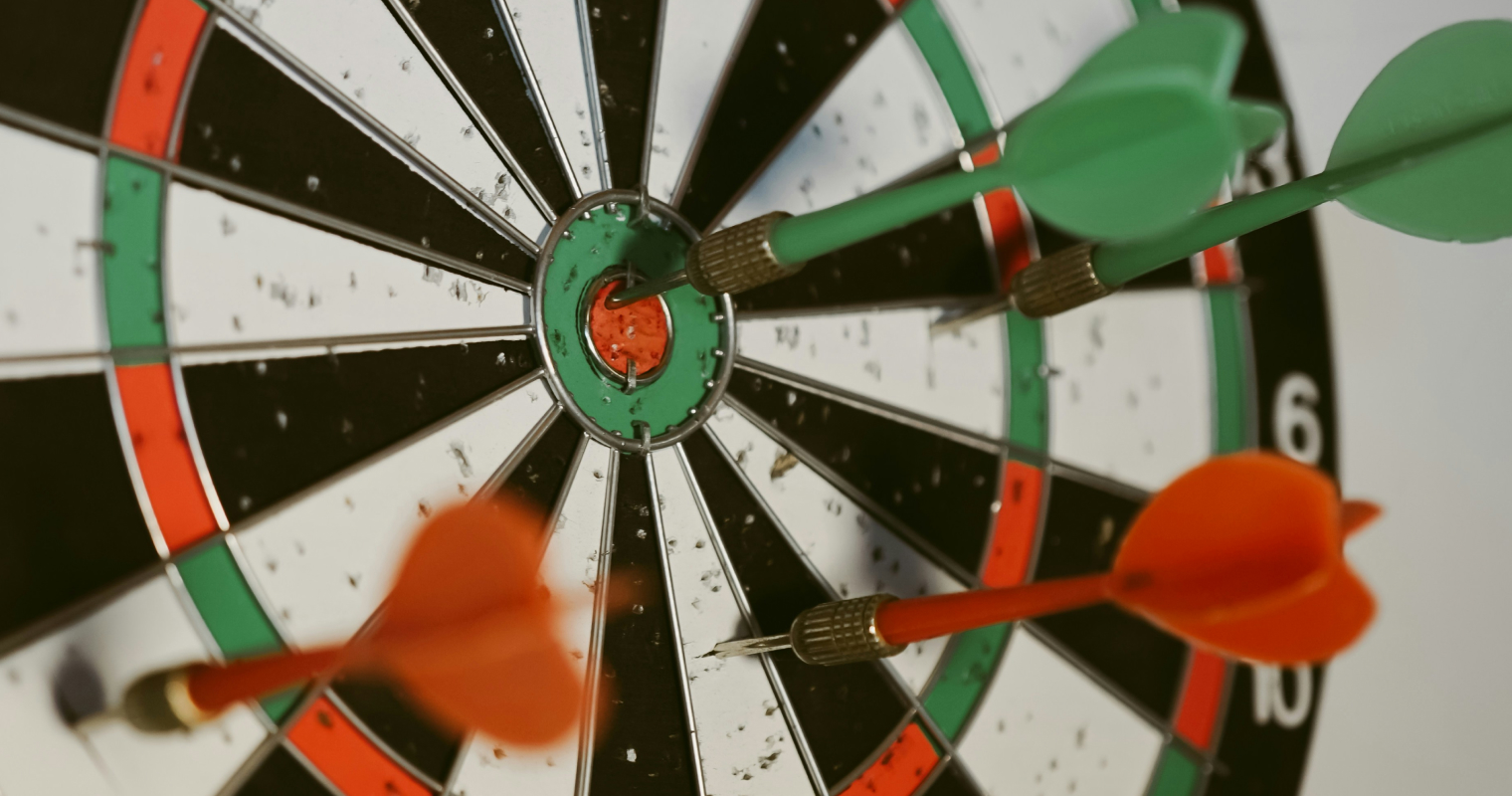The human body possesses an extraordinary capacity for self-repair, a testament to its resilience and complexity.
Among our vital organs, the liver stands out for its remarkable regenerative abilities, especially in the context of recovery from alcohol-related damage.
This comprehensive guide delves into the liver’s healing process, offering insights into how this crucial organ overcomes the adverse effects of alcohol and other toxins.
By understanding the signs of liver health and adopting strategies to support this process, individuals can foster their well-being and restore liver function.
The Role of the Liver in Detoxification
The liver, our body’s largest internal organ, plays a pivotal role in purifying the bloodstream, breaking down toxins, and facilitating metabolism.
It processes virtually everything we consume, from food and alcohol to medication. When alcohol is consumed, it’s primarily metabolized in the liver, leading to the production of substances that can be harmful in large amounts. Despite this, the liver’s capacity to regenerate damaged cells allows it to recover from mild to moderate damage, provided the right conditions are met.
What Is Alcohol’s Impact on Liver Health?
While occasional alcohol consumption might not lead to significant harm, chronic and excessive drinking can inflict severe damage on the liver.
This can range from fatty liver disease, which is reversible, to more severe conditions like hepatitis and cirrhosis.
Cirrhosis, characterized by irreversible scarring, marks a critical threshold beyond which the liver’s ability to regenerate diminishes significantly.
What Are the Signs of Your Liver Healing?
Recognizing the signs of liver healing is crucial for individuals recovering from alcohol-related liver damage. These signs indicate that the liver is successfully regenerating its cells and restoring its essential functions:
- Increased Energy Levels: As liver function improves, metabolism stabilizes, leading to enhanced energy and reduced fatigue.
- Clarity of Thought: The liver’s ability to filter toxins from the blood is crucial for cognitive function. Clearer thinking and improved mental focus are tangible signs of liver recovery.
- Normalized Appetite and Weight Regulation: Healing of the liver can restore hormonal balance and improve digestion, leading to a healthy appetite and weight stabilization.
- Restoration of Skin and Eye Color: The disappearance of jaundice, a common symptom of liver damage, is a visible indicator of liver health improvement.
- Enhanced Immune Response: A recovering liver boosts the body’s immune system, reducing susceptibility to infections and illnesses.
- Reduction in Pain and Discomfort: As the liver heals, inflammation and liver-related discomfort decrease.
- Improved Laboratory Results: Blood tests revealing normalized liver enzymes, protein levels, and bilirubin are objective signs of liver regeneration.
Strategies to Support Liver Healing
Promoting liver health involves a combination of lifestyle adjustments and medical guidance. Here are key strategies to aid the liver’s healing process:
Prioritize Hydration
Drinking adequate water is essential for liver function. It aids in flushing out toxins and supports overall cellular health. Aim for six to eight 8-ounce glasses of water daily, adjusting based on activity level and environmental conditions.
Adopt a Liver-Friendly Diet
A nutritious diet, low in fat, sugar, and salt but rich in fiber, can significantly alleviate the liver’s workload. Foods high in antioxidants and essential nutrients support liver health and aid in the detoxification process.
Engage in Regular Physical Activity
Exercise boosts metabolism, enhances circulation, and promotes overall health, facilitating the liver’s recovery. Incorporating regular physical activity into your routine can have profound benefits for liver function.
Reduce Alcohol to Maintain Good Liver Function
The single most impactful step in supporting liver health is reducing alcohol consumption. For those struggling with alcohol dependency, seeking professional help is crucial in navigating the path to recovery.
Tools and Apps for Alcohol Consumption and Liver Healing
In today’s digital age, apps and online platforms offer valuable support for individuals aiming to reduce alcohol consumption and enhance liver health.
Use Drink Tracking Apps like Sunnyside
Tools like the Sunnyside App provide educational resources, community support, and personalized coaching to guide users through their recovery journey.
In just 30 days, Sunnyside members reported:
- 83% experienced fewer binge drinking days
- 80% felt a sense of accomplishment
- 78% gained more control over their drinking
- 73% saved money
- 64% experienced more energy and focus
- 63% slept better
- 62% experienced better overall health
- 60% improved their mental health
- 59% had a better mood overall
- 56% relied on alcohol less in social settings
- 54% improved their productivity
- 46% saw improved fitness habits
- 43% improved their eating habits and diet
- 35% experienced improved family and relationship dynamics
- 31% noticed better skin
- 29% lost weight
Take the 3-min quiz to start practicing better drinking habits.
The Science Behind Mindful Drinking Apps
Digital health tools are designed based on the latest scientific research in habit psychology, neuroscience, and behavioral science. They offer a stigma-free environment to learn, share experiences, and gain insights into managing alcohol use.
Nir Eyal, author of Hooked and Indistractable states:
“The Sunnyside app unpacks ingrained drinking habits and replaces them with healthier ones that last, empowering people to find a balance with their alcohol consumption.
It’s a terrific example of how technology can change habits for good, and I was delighted to learn Allen and his team used both my books, Hooked and Indistractable, to design their app. I was so impressed with the company, I became an investor.”
Sunnyside changes drinking habits by asking members to implement these routines:
- Weekly precommitments
- Timeboxing
- Progress tracking
- Mastering internal triggers
The Path to Liver Health: A Collective Journey
Recovering liver health is a multifaceted process that benefits from a holistic approach, incorporating medical advice, lifestyle changes, and support systems. By understanding the liver’s remarkable ability to heal and taking proactive steps to support this process, individuals can achieve significant improvements in their overall well-being.
Embracing a Healthier Future
The journey towards liver health is not a solitary one. It’s a path shared with healthcare providers, supportive communities, and digital tools designed to empower and assist every step of the way. With informed decisions and consistent efforts, the road to recovery and revitalization of liver health is within reach.
Conclusion
The liver’s ability to regenerate and heal from alcohol-related damage is a testament to the resilience of the human body. Recognizing the signs of liver healing and adopting strategies to support this process are crucial steps towards recovery. By prioritizing hydration, maintaining a liver-friendly diet, engaging in regular physical activity, and seeking support through digital health tools, individuals can embark on a transformative journey towards improved liver health and overall well-being.
Sources:
- healthline.com – What Are the Signs Your Liver Is Healing?
- healthmatch.io – Signs Your Liver Is Healing: Regeneration, Detox, And More
- gratitudelodge.com – 5 Signs Your Liver is Healing
- quora.com – What are the signs and symptoms of fatty liver disease …
- ajp.amjpathol.org – Understanding Liver Regeneration




